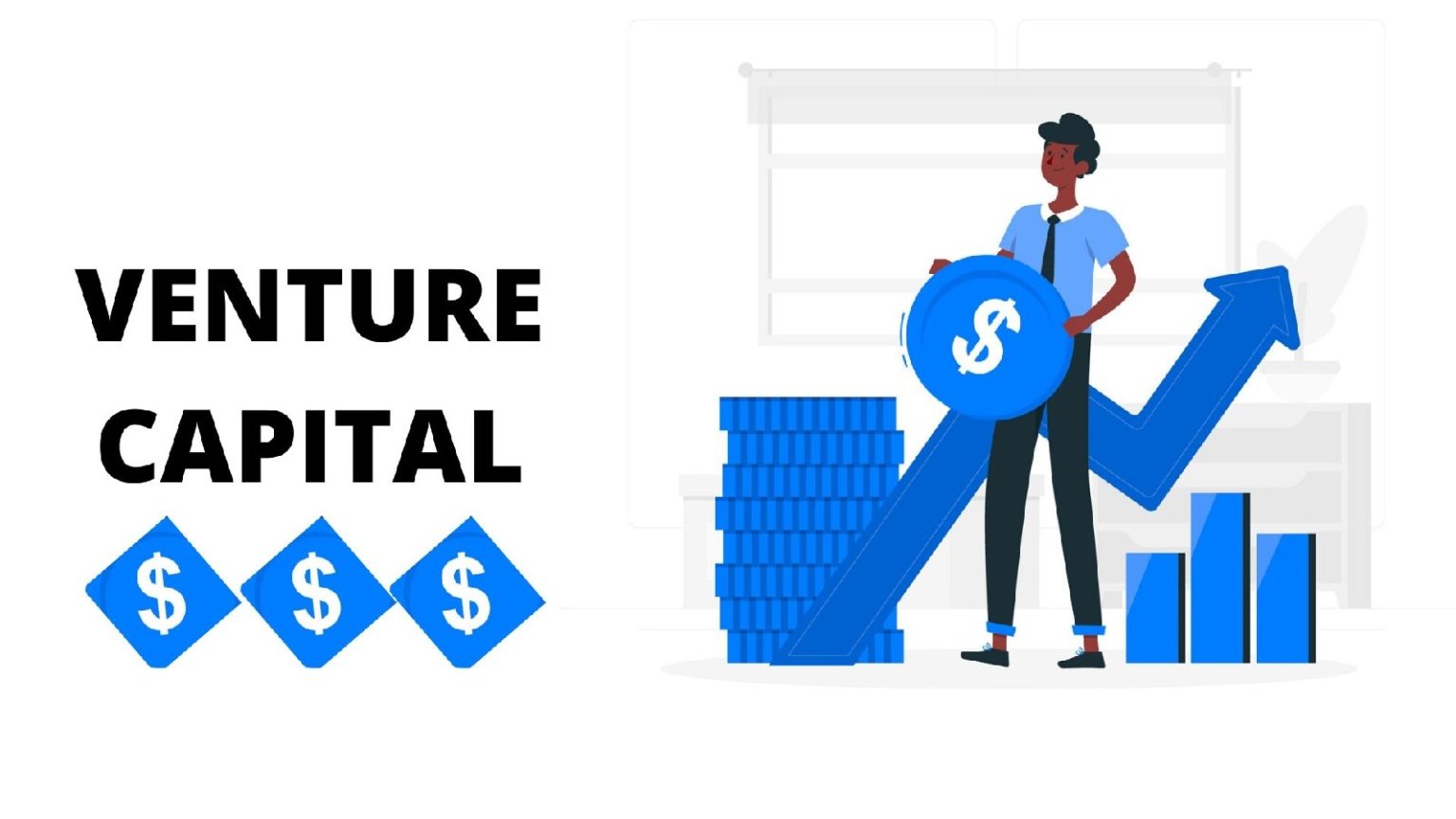

How Venture Capitalists Choose InvestmentsĮveryone has heard the saying that “beauty is in the eye of the beholder.” This sentiment is especially true when it comes to venture capitalists choosing investments.

If the startup is successful, the VC firm (and its investors) will have gotten equity in a hot business for pennies on the dollar in comparison to the share price at IPO or subsequent stock offerings. It’s the ultimate high-risk, high-reward proposition.
#VENTURE CAPITALISTS FULL#
They pool contributions from other people in their network and seek out growth opportunities by investing in startups, knowing full well that only a few of them will pay off. VC firms are usually led by experienced investors or business professionals with a history of successful endeavors. VC firms exist for 1 reason: to fund startups and new business ventures in exchange for equity in the startup. The risk profile of funding startup businesses scares most traditional lenders.Ī venture capital firm comes into the picture at this juncture. That means if the loan goes south, the bank gets left holding the bag. When it comes to a new business, little actually secures the bank’s money.Ī startup doesn’t typically own the space where it operates from, and it has no history of making money or any assets aside from the computers and desks in the office. In the event of a borrower default, the bank will foreclose on the house and then sell it to recoup its losses. That’s why home loans are known as “secured loans” because the money the bank is lending is secured by the house. This model posed some significant problems for people who were pioneering new businesses or ideas that were not yet accepted in the general business arena as “legitimate.” The reason for this is simple traditional banks are loaning out their client’s money and as such, they prioritize security above profit potential. Traditionally, entrepreneurs raised money for new businesses by borrowing from banks. Usually, startup companies that receive seed funding from venture capitalists or a VC firm trade equity in the startup for the money it receives. An entrepreneur with a good business idea can pitch it to an angel investor, usually a venture capitalist or a venture capitalist firm (VC firm), to raise the money needed to bring the idea to reality. Venture capital is exactly what it sounds like capital raised to fund a business venture, which is typically a startup rooted in some type of tech field. How a VC Firm Earns a Return on its Investment.How Venture Capitalists Choose Investments.However, other times, they raise the money through venture capital. Sometimes the company founders raise this money by borrowing from a bank.

The initial fundraising is used to build out the business to the point where it was desirable enough to be traded publicly. Well, what you may not realize is that before most tech companies can raise money publicly on Wall Street, they need to raise money privately. This transformation made the founders millions of dollars in the process. Have you ever watched CNBC or another business news network and seen a tech startup make its initial public offering (IPO) on Wall Street? If you have, you remember the company’s founder banging a giant gavel, then drinking copious amounts of champagne while celebrating the fact that the company has gone from an idea to a publicly traded stock. Interested in learning more about how the world of venture capital works? Keep reading to find how what venture capital is, how VC investments are made and how you can participate.


 0 kommentar(er)
0 kommentar(er)
